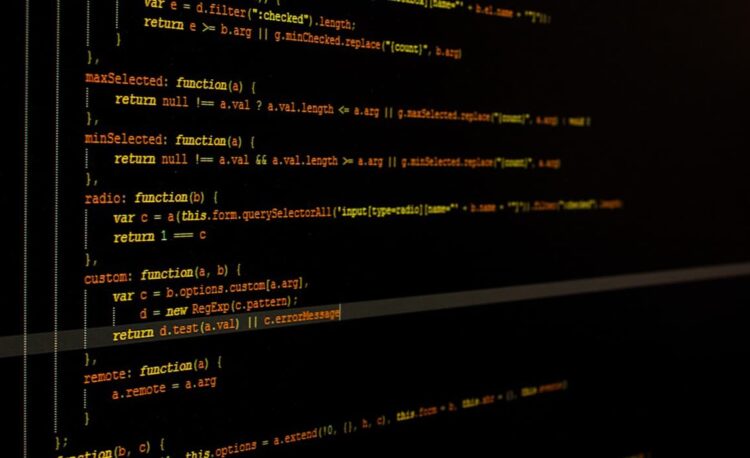If you have only a general idea of what programming is and have never been professionally engaged in it, we recommend that you start learning from the very basics.
The course “C# Starter” is designed for beginners in programming, as well as novice developers and programmers who want to learn the basics of programming in the shortest possible time, but have not decided on a specific programming language.
The course examines the procedural approach to programming, studies the basic syntactic constructs of the C # language. The course forms a basic understanding of the mechanisms of high-level programming languages.
In the process of studying, you will understand why C # is an accessible and easy to learn language, find out what role it plays in program development and what capabilities it has, learn how to use its advantages in your own projects.
COURSE PROGRAM
Introduction to .Net infrastructure
The purpose of this lesson is to get acquainted with the nature of the .NET platform and the development areas used in building .NET applications. The course provides an overview of programming languages and .Net infrastructure technology. The class covers simple examples: Console, Windows Forms-, WPF-applications.
Machine mathematics. Variables and data types
The lesson covers the basic number systems. The lesson helps to learn to understand the binary and hexadecimal number systems. The concept of variables and data types is explained. The principles of choosing the type that should be used when creating a variable are explained.
Variables and data types
The purpose of constants is explained, basic arithmetic operations and operations of comparison of variable values are considered. Examples of simple formatting and displaying strings on the screen are demonstrated
Conditional constructions
The lesson considers the work of branching operators, their purpose, the use of basic conditional statements: if-else, ternary operator and switch-case.
Logical and bitwise operations
This lesson is devoted to the consideration of such concepts as logical and bitwise operations. The lesson explains the application and use of conjunction, disjunction, exclusive “or”, logical operators, shift operators. Short-circuited calculations and De Morgan’s theorem are considered.
Cyclic constructions
The lesson considers the work of cyclic operators (while, do-while, for) and unconditional jump operators. Application of break and continue operators. The work of Dextra loops and the use of the “Spider” loop is explained.
Methods
The lesson helps to learn to understand the work of methods, explains the difference between a procedure and a function.
Examples of using ref and out parameters are considered, as well as the concept of method overloading.
Methods. Recursion
The lesson considers the concept and operation of recursion, its application. Examples of using methods with optional parameters are demonstrated.
Arrays
The lesson considers examples of creating and using arrays (one-dimensional, two-dimensional, three-dimensional, toothed). The principles of getting and adding data to arrays are explained
